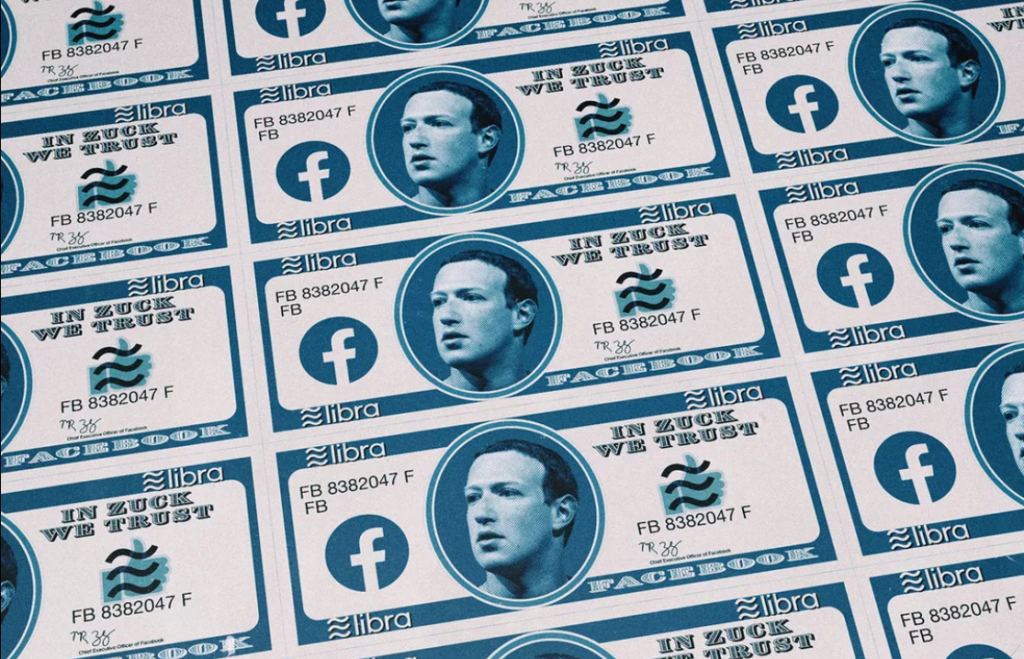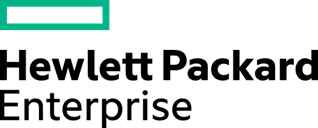
The term The Internet of Things (IoT) was first used twenty years ago. Twenty years later, IoT is emerging rapidly. We have our cars and homes networked but, more than this, we have gadgets like Google Home, Siri and Alexa. Amazon has taken this even further with services like Key for Garage, a smart door opener that allows delivery drivers to leave packages securely inside customers' garages. Then there’s the corporate marketplace which is even more active with an ever-increasing array of devices from jet engines to manufacturing equipment to farming equipment connected to the internet. This allows companies to acquire and track data they never had access to before, and automate previously manual systems. No wonder the market is booming, with IDC estimating that IoT will generate $745 billion of commerce this year, increasing to over $1 trillion in 2022 and a potential of $11 trillion, according to McKinsey.
The thing is that, whenever we mention commerce of billions, it means it has to pass through the financial system sometime, somewhere. This was a focus of the book ValueWeb, and the premise of this book is that if your television and refrigerator can order on your behalf, how would it work?
First and foremost, there needs to be a way of authorising these things to order on your behalf. That means a designated authority and identification are required. The easiest way to do that is to use an aggregator like Apple or Amazon. Aggregator accounts can take all of your downloads, top-ups and subscriptions for small amounts and round them up to a monthly bill. You know how this works, so if your television downloads the latest Will Ferrell movie, then the aggregator account knows that you have given your entertainment system authority to do this, and you have a registered account backed by a bank account or credit card.
But what if you don’t?
This is where digital currencies and new concepts like Facebook’s Libra currency could strike gold. If you want to send a gift of the Will Ferrell movie to your friend, you can do so on WhatsApp or Messenger using a quick swipe against your Libra account.
However, the Libra currency is not yet available and, according to this graphic from Facebook, you will need a bank account to use it.
So much for being for the unbanked.
Nevertheless, there are a raft of stablecoins being launched over the next year, not just Facebook’s one. IBM, China, JPMorgan Chase and others are all developing digital currencies based upon national fiat currencies, and the vision of the not too distant future is that you will be able to pay for anything digitally, in real-time using simple payment mechanisms like these.
Then add a digital identity scheme to the mix, and you can designate your washing machine to order powder or your nexpresso to ask for more capsules or for any device to refill online through IoT. This is why, for example, buried in the Facebook Libra White Paper are the lines:
“An additional goal of the association is to develop and promote an open identity standard. We believe that decentralized and portable digital identity is a prerequisite to financial inclusion and competition.”
Digital identities are key to IoT operations. It is easy to pay if you are recognised. It is harder to pay if you are not. In fact, the only truly anonymous payment scheme today is cash, but your car and heating systems cannot pay in cash if there are automatically reordering fuel and energy. No, it needs a recognised payment scheme and a recognised identity delegating authority to the device to order.
These are the greatest challenges for finance in the IoT world, and the specifics of a globally recognised digital identity scheme is the greatest challenge as we move into that world. For now, the internet commerce aggregators will continue to gain traction but, in a decade or so, we may well find that there is cheap and easy way to transact online, without a bank account and with a digital currency.
Meantime, here’s my favourite IoT snapshot of all time:
This is one of a series of blogs I’ll be posting before this year’s SIBOS in London, September 22-26, where I will be working with HPE.
Chris M Skinner
Chris Skinner is best known as an independent commentator on the financial markets through his blog, TheFinanser.com, as author of the bestselling book Digital Bank, and Chair of the European networking forum the Financial Services Club. He has been voted one of the most influential people in banking by The Financial Brand (as well as one of the best blogs), a FinTech Titan (Next Bank), one of the Fintech Leaders you need to follow (City AM, Deluxe and Jax Finance), as well as one of the Top 40 most influential people in financial technology by the Wall Street Journal's Financial News. To learn more click here...



